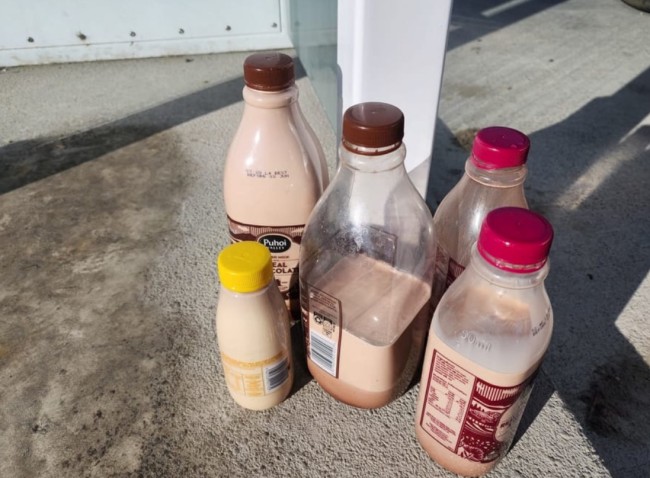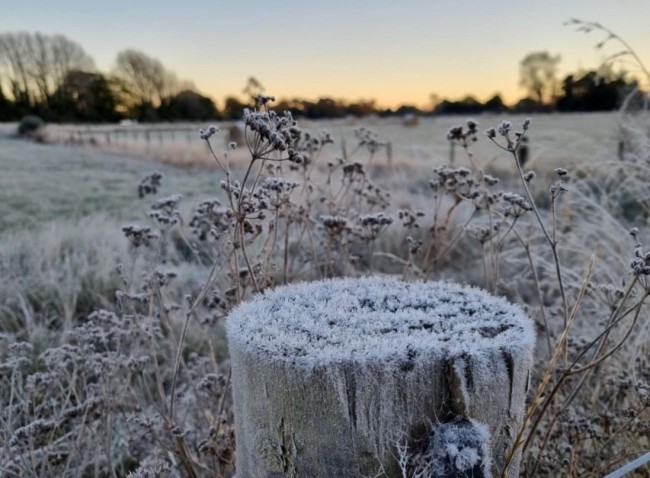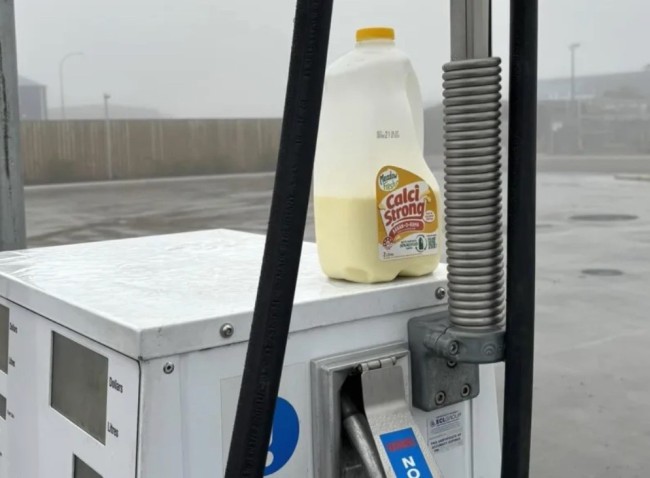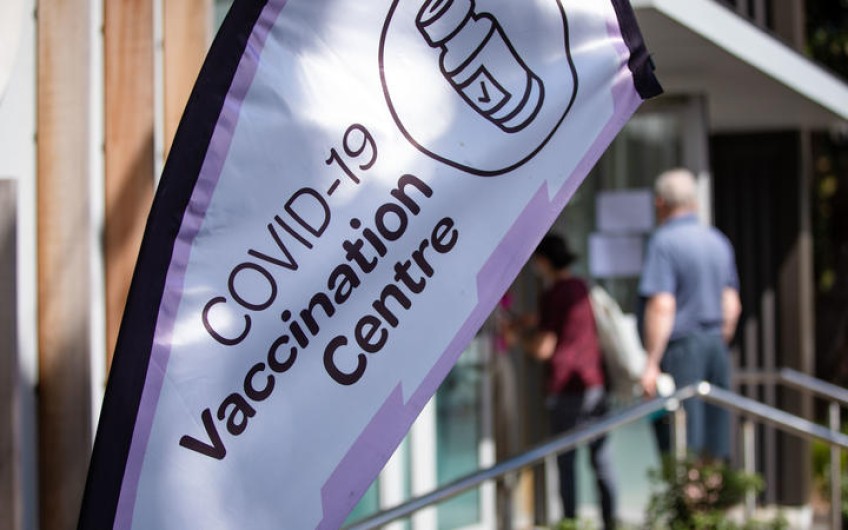
Covid-19 cases will soon be doing their own contact tracing
People with Covid-19 are set to become their own contact tracers, and some details of an online system due to go live soon have been revealed.
Screenshots of the mobile version of the online tool where people with Covid-19 can fill out checklists of symptoms and add details of any high risk locations and close contacts.
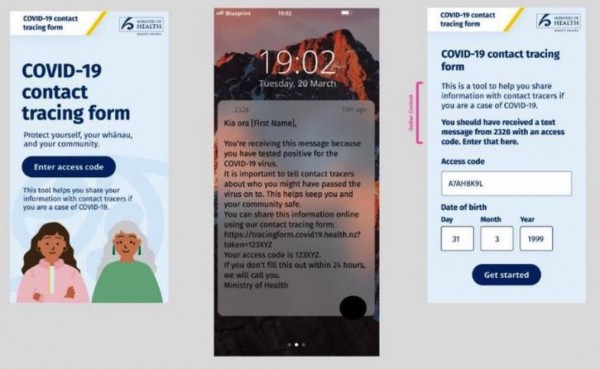
From today, the country is in phase two of the Omicron response and with daily case numbers set to hit four figures it will no longer be possible for tracing teams to call every infected person.
Getting Covid-19 used to mean a phone call, a check-in about where you had been, who you had seen and how you were feeling.
But it is hoped about 80 percent of people will now be able to do that themselves online.
Some details of the app version of the online tool are in a document on the Ministry of Health website.
Infected people will get a text with an access code that allows them on to the app. Once they are logged in they will be asked to fill out a checklist of symptoms and enter details about everyone they live with.
The next step will be uploading the Covid Tracer App diary. Anyone who does not use the app or had missing entries will be asked to add details of any high-risk places or close contacts manually.
The whole process was expected to take about 30 minutes.
Digital technology expert Dr Andrew Chen said though case numbers would soon be too big for manual contact tracing, the digital version could still bring some of the benefits.
"A lot of other jurisdictions basically gave up and "let it rip" and faced the consequences of that decision," he said.
"Using a tool like this might still help us flatten the curve a bit, make that peak that will come from Omicron less severe than it has been in Australia or the United Kingdom."
GP Api Talemaitoga said the online tool was an example of "one size fits all" that, in reality, would not work for many people.
While it was great for those who were IT savvy and had time, he could think of examples were it would be a big ask, especially for people in large households.
"It could be hard for an English-as-a-second-language Tongan woman who's feeling very unwell to fill this in on her own, and wonder why she is doing all this and who is taking ownership of all the information," he said.
He questioned why the survey had to be so long.
Chen said ordinarily it would be really difficult to get someone to spend 30 minutes filling in an online form, but he was optimistic people might see this one differently.
"When it comes to Covid, hopefully people will recognise that this is really important and that they will go through the process and they hopefully will appreciate that it is taking them less time than it would be if they were being interviewed by a human contact tracer," he said.
Both he and Talemaitoga said the app needed to be in languages other than English as soon as possible.
The Ministry of Health has said there will still be some people who will get a phone call, with GPs helping to identify the patients who will need extra support.
Under the plan, anyone who does not fill out the form would get a phone call, but it was hoped enough would use it to make that manageable.













